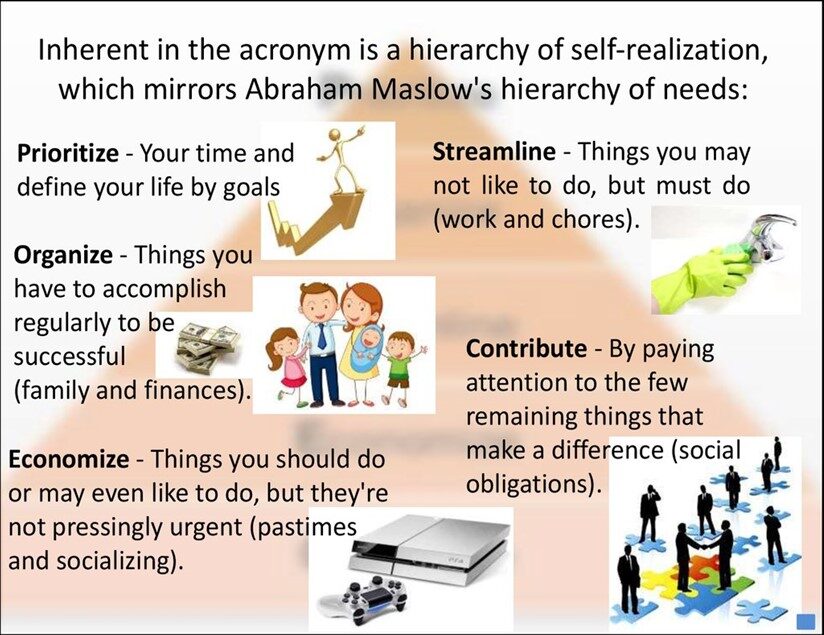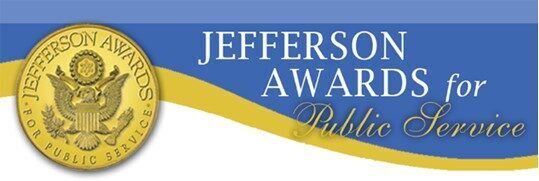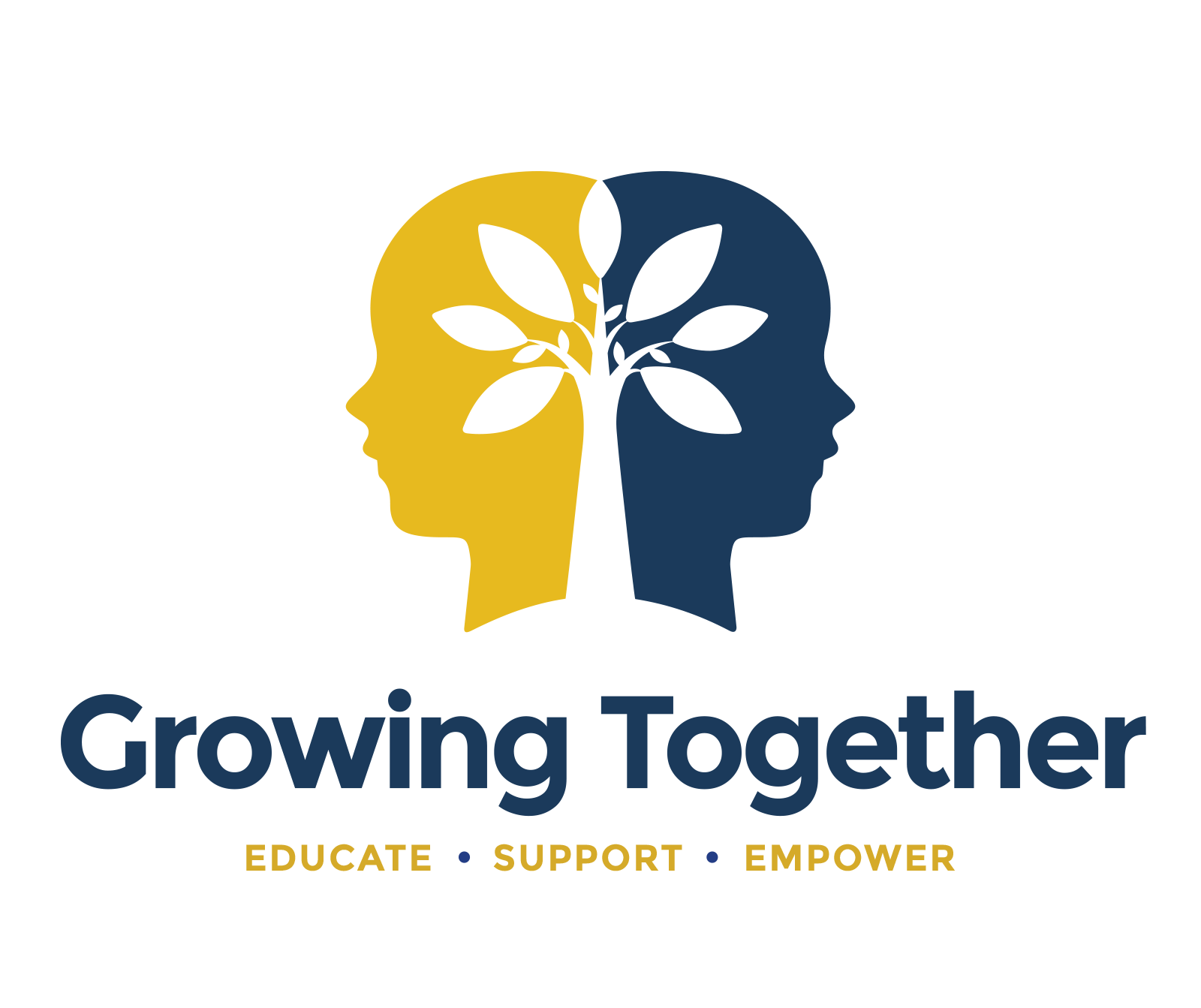
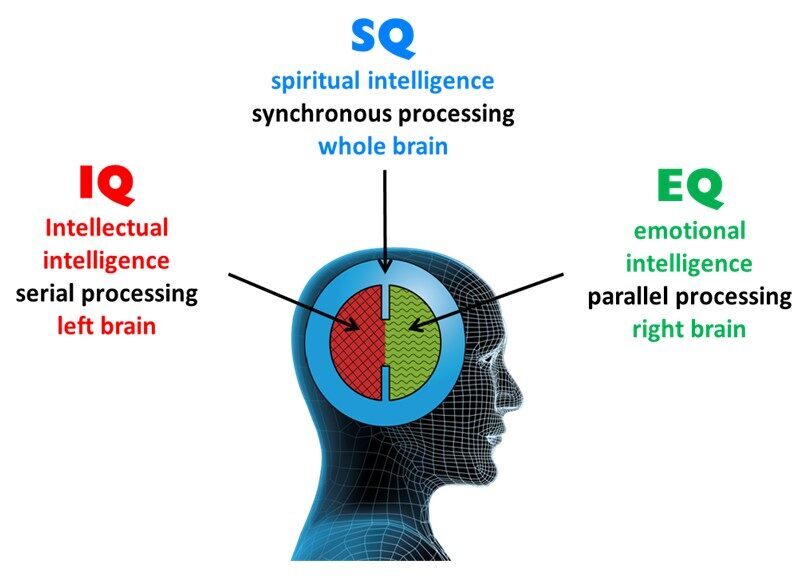

Authentic Learning
Students are more likely to be interested in what they are learning, more motivated to learn new concepts and skills, and better prepared to succeed in college, careers, and adulthood if what they are learning mirrors real-life contexts, that equips them with practical and useful skills.
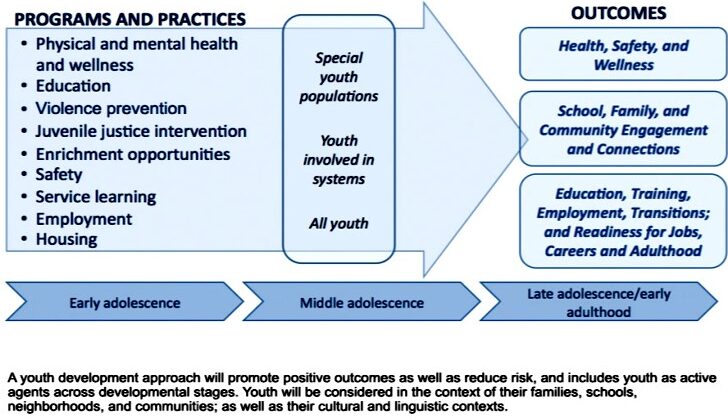
SYFC Measures Emotional Intelligence in Candidates
Employers want to know you as a candidate. They not only want to determine if you have the technical aptitude and job specific expertise but if you will be a “fit” within their organizational culture. One way they can do this is by interviewing for emotional intelligence (EI) or sometimes referred to as the emotional quotient (EQ). As researchers Mayer and Salovey state, emotional intelligence is “the ability to monitor one’s own and others’ feelings and emotions, to discriminate among them and to use this information to guide one’s thinking and actions.”
The Scotlan Center is an innovative program of wrap around services and training which require staff to have unique skills sets and facilities with the equipment and learning resources that will captivate participants while addressing the intellectual and emotional needs to be competitive and career ready. We will provide the training necessary for the mental health first aid, traumatic incident reduction, anger management and emotional intelligence and other technical skills areas. We require and screen for these basic skill capacities and desire to work with at-risk and other youth with challenges in our community. We provide pathways out of poverty.
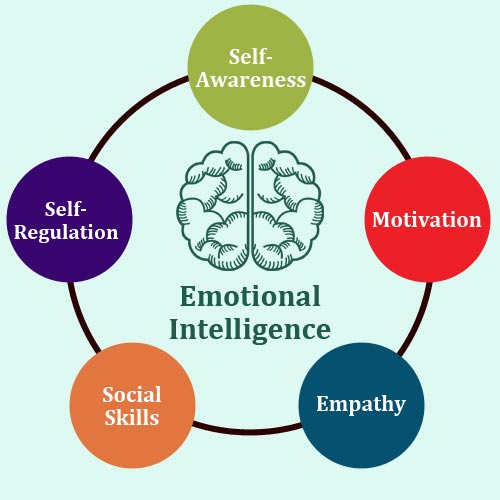
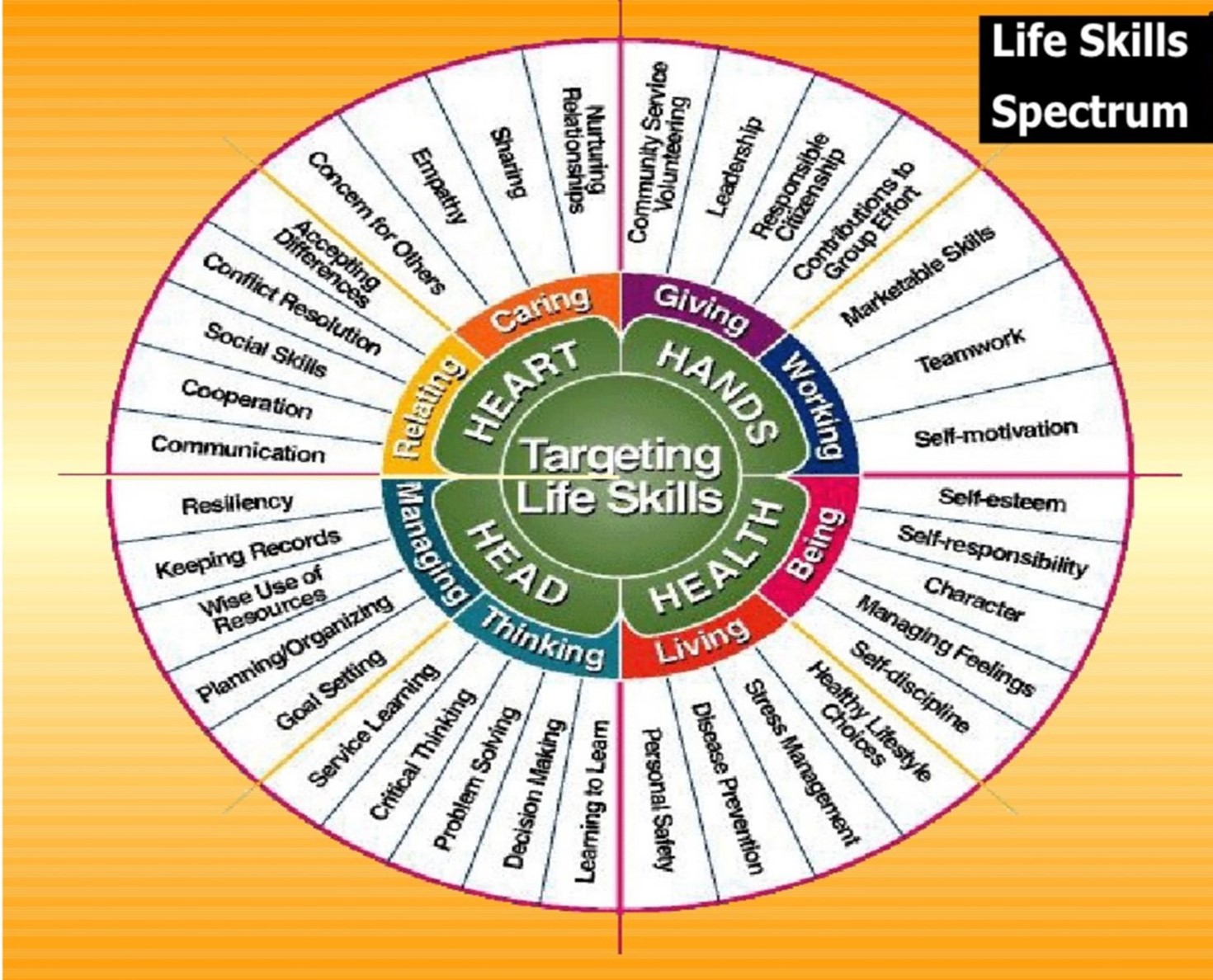
LIFE SKILLS
Certain skills may be more or less relevant to you depending on your life circumstances, your culture, beliefs, age, geographic location, etc. However, in 1999, the World Health Organization identified six key areas of life skills:
Communication and interpersonal skills.
Decision-making and problem-solving.
Creative thinking and critical thinking.
Self-awareness and empathy, which are two key parts of emotional intelligence.
Assertiveness and equanimity, or self-control.
Resilience and ability to cope with problems
FINANCIAL LITERACY
Financial literacy is a process through which an individual (or a family) gains a basic understanding of banking, savings, and the importance of good credit. It increases the likelihood that low- or moderate-income individuals or families will be able to buy a home or start a small business — and encourages economic stability in a given community. When developing a financial literacy training, the topics covered will necessarily reflect the unique needs of the audience as determined by a needs assessment. This practice lists many topics commonly included in money management or financial literacy curricula.
